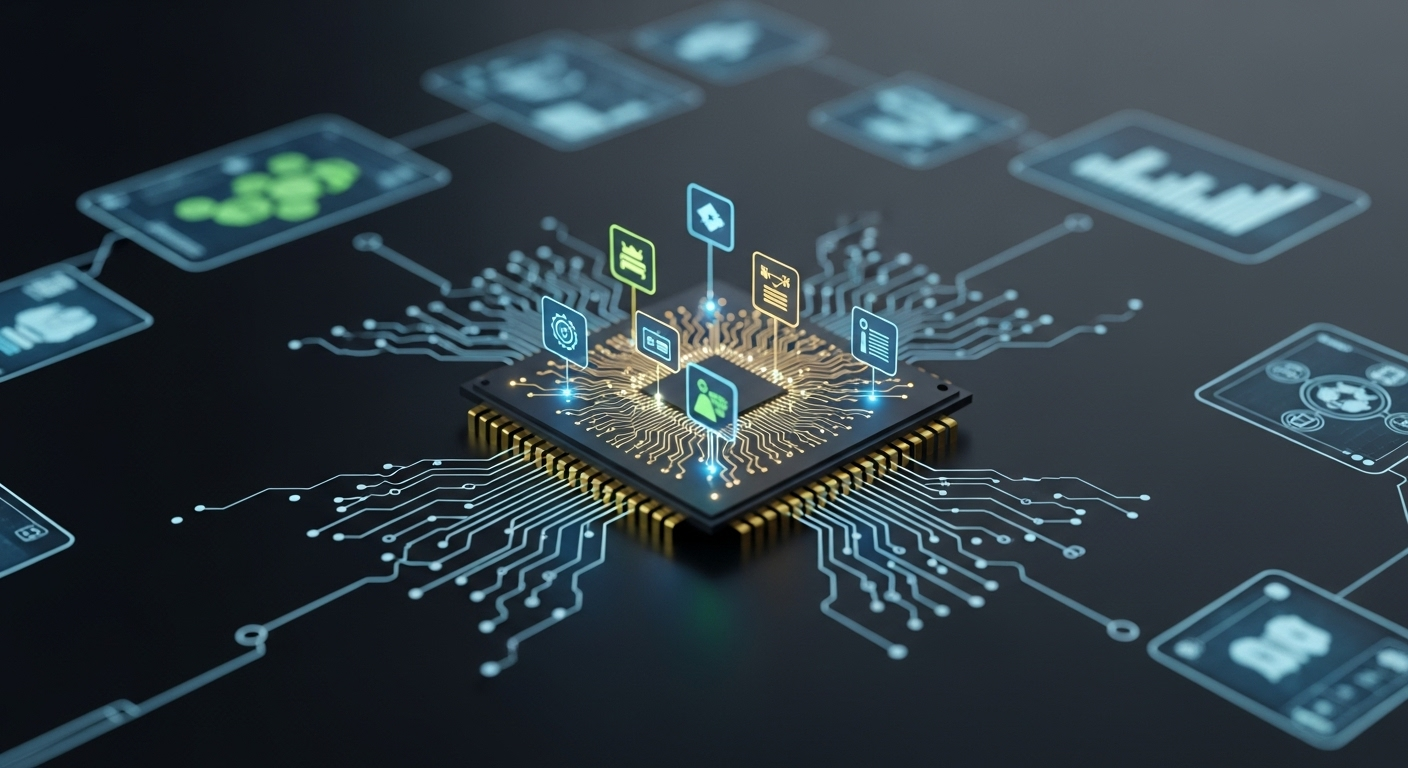Neurotechnology: The Next Frontier in Internet Connectivity
The convergence of neuroscience and telecommunications is ushering in a new era of human-computer interaction. Imagine controlling your devices with just a thought or accessing the internet directly through your brain. This isn't science fiction; it's the emerging field of neurotechnology, poised to revolutionize how we connect and communicate in the digital world.

Early BCIs focused primarily on medical applications, helping patients with paralysis regain some motor control. However, recent advancements have expanded the scope of neurotechnology to include communication and information access. Companies like Neuralink, founded by Elon Musk, are pushing the boundaries of what’s possible, aiming to create high-bandwidth interfaces between the brain and computers.
The Promise of Thought-Controlled Internet
One of the most exciting prospects of neurotechnology is the ability to access and interact with the internet using only our thoughts. This could revolutionize how we search for information, communicate with others, and control our digital environments. Imagine composing emails or messages simply by thinking about what you want to say, or browsing the web without lifting a finger.
Research in this area is progressing rapidly. In 2019, scientists at the University of California, San Francisco, developed a system that could decode brain signals into speech, a significant step towards thought-based communication. Similarly, Facebook (now Meta) has been working on a non-invasive BCI that would allow users to type by imagining themselves talking.
Enhancing Human Cognition
Beyond direct internet access, neurotechnology promises to enhance our cognitive abilities. By interfacing directly with the brain, we could potentially augment our memory, processing speed, and learning capabilities. This could lead to more efficient information retention and recall, effectively expanding our mental capacities.
Some researchers are exploring the concept of “neural lace,” a mesh of electrodes implanted in the brain to enhance cognitive function. While still largely theoretical, such technology could potentially allow for instant access to vast amounts of information, blurring the line between human intelligence and artificial intelligence.
Challenges and Ethical Considerations
Despite its potential, neurotechnology faces significant challenges. The human brain is incredibly complex, and our understanding of its intricacies is still limited. Developing safe, effective, and long-lasting BCIs requires overcoming numerous technical hurdles, from biocompatibility issues to signal processing complexities.
Ethical concerns also abound. The prospect of direct brain-computer interfaces raises questions about privacy, security, and the potential for manipulation. Who would have access to our thoughts? How can we ensure the security of our mental data? These are critical questions that need addressing as the technology advances.
Regulatory Landscape and Future Outlook
As neurotechnology progresses, regulatory bodies are beginning to take notice. In 2021, Chile became the first country to pass a “neurorights” law, protecting citizens’ mental privacy, free will, and personal identity. Other countries and international organizations are likely to follow suit as the technology nears practical implementation.
Looking ahead, the integration of neurotechnology with existing internet infrastructure presents both opportunities and challenges. It could lead to more intuitive and efficient online experiences but will require significant adaptations in network design and data transmission protocols to handle the unique demands of brain-computer interfaces.
Conclusion
Neurotechnology represents a paradigm shift in how we conceive of internet connectivity and human-computer interaction. While still in its early stages, the field is advancing rapidly, promising to transform our relationship with technology and information. As we stand on the brink of this new frontier, it’s crucial to balance innovation with ethical considerations, ensuring that the benefits of neurotechnology are realized while protecting individual rights and freedoms. The future of internet connectivity may well be neural, opening up unprecedented possibilities for human cognition and communication.




